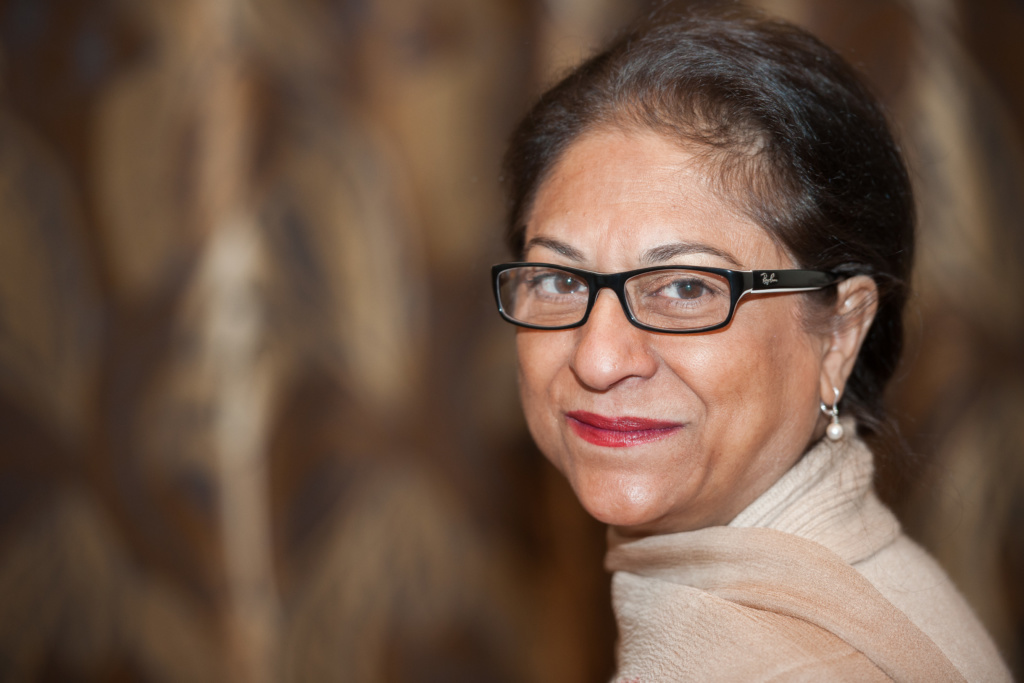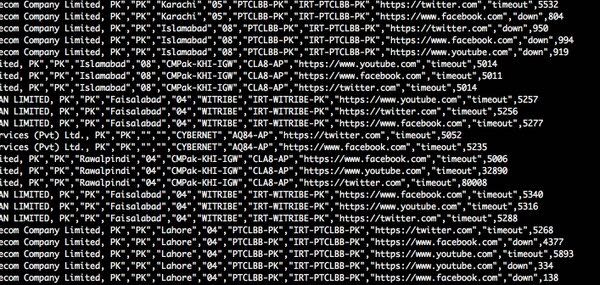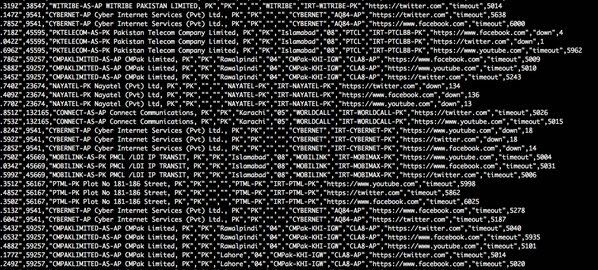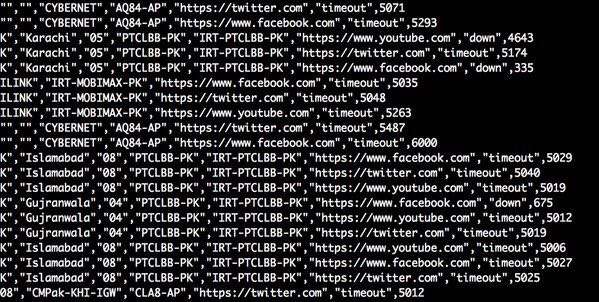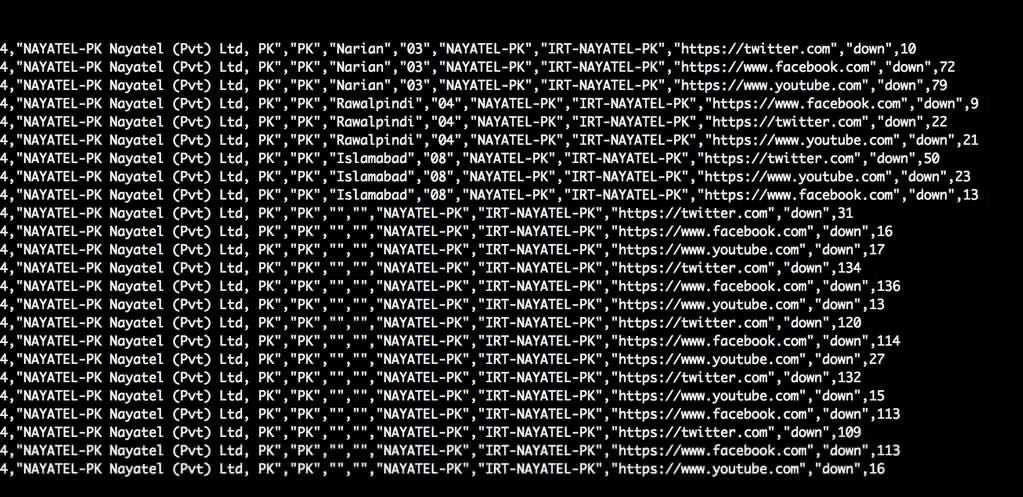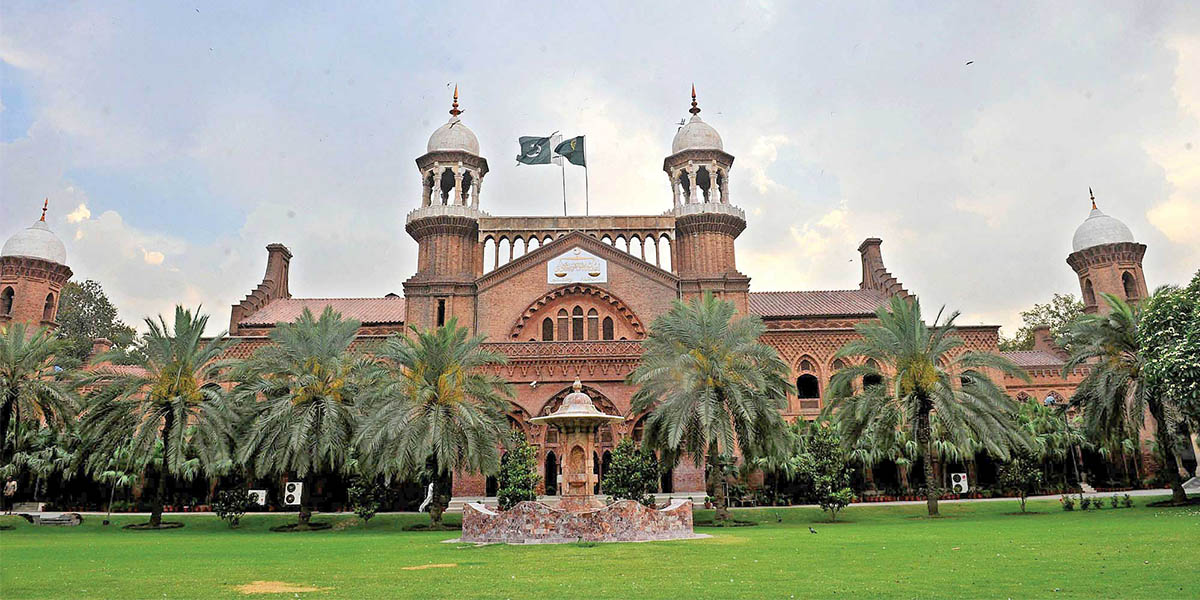Zara zor se Bolo: Azadi!
We, the Digital Rights Foundation and Girls at Dhabas, strongly condemn the cyber-harassment, abuse and intimidation that well-known professors and activists of Pakistan Arfana Mallah and Amar Sindhu have been subjected to over the past four months.
Amar Sindhu is a Sindhi poet and a professor of philosophy at Jamshoro University, while Arfana Mallah is a professor of chemistry at Jamshoro University and the head of its teachers’ union. Both are the leading lights behind the Khanabadosh Writers Cafe in Hyderabad, which has helped to revive cultural life in the city along progressive lines. As longstanding members of the Women Action Forum, both Professor Amar Sindhu and Professor Arfana Mallah have ceaselessly struggled for gender, human rights, and political justice in Sindh and the country at large.
While the paths of feminists are never easy in a deeply patriarchal context, the threats and intimidation tactics against them have amplified in the past few months and have frighteningly evolved into concerted efforts to slander and undermine their individual credibility in online and offline spaces. The abuse that they have suffered has included:
- threats of acid attack, burning, and other forms of physical violence
- propaganda that they are “anti-national” and an “agent”
- character assassination on social media with repeated declarations that they are “randi”, “be ghairat”, “bad kirdar” and “fahash”
- professional maligning through false claims that they are incompetent teachers and shirking their teaching responsibilities
- shaming them because of the sari as an occasional choice of dress
- shaming them as being “over-emotional” and “pseudo”
- demeaning them through classic, misogynist slurs used against courageous and gutsy feminists: that they are “unhappy, single women” who are “half-crazy”
In light of Mashal Khan’s chilling murder, the present pressure cooker conditions engulfing Amar and Arfana are alarming and deserve immediate attention. The Jamshoro campus represents a volatile situation that has escalated, and isolated the two activists. We are concerned that the intense, targeted social media invective against them is designed to prepare groundwork for actual physical assault at the remotest opportunity.
What is even more horrific and noteworthy about the whole situation is that the slander campaign against them is being led by so-called progressive men, who pride themselves on being intellectuals, academics, human rights defenders, nationalists and secular leftists. Have the harassers been paid to engage in this intimidation campaign, or are they just revealing the misogyny and toxic masculinity that often lies beneath the progressive veneer? Many of these bro-gressives hide behind their progressive facade, while unleashing the worst forms of misogyny against women who speak up. On some occasions, Amar Sindhu has received vitriolic, abusive lashing on social media simply for stating her opinion on current political trends in Sindh.
If a man expresses a political opinion, it is considered his opinion and nothing more. If a woman expresses a political opinion e.g. on PTI as happened to be the case, she faces a social media lynch mob. The intention is to put the woman in her place, silence her political speech, and marginalize her from public discourse. We wish to note here that in 2004, Amar Sindhu and three other women were accused of blasphemy in a case of systematic victimization by the then secretary of the Sindhi Adabi Board. They were cleared eventually through an independent investigation - the first of its kind that was undertaken in Sindh. Shockingly, Amar Sindhu also suffered bullet injuries in 2010 when she was participating in the teachers’ movement against the VC of Sindh University (https://www.dawn.com/news/733027/amar-sindhu-injured-in-attack). For their principled stance, both Dr. Arfana and Dr. Amar were fired along with five other faculty members, but eventually restored after much struggle.
It is when women dare to leave the domestic spaces and roles that patriarchal society has chosen for them, and participate as equal human beings in the social, institutional, and political life of society that the most amount of violence is directed at them. Instead of valuing women’s voices and roles in social and institutional settings, progressive men and regressive men work together - often with the support of other patriarchal women - to ensure that women’s tongues are silenced, their rights denied, they are bullied with written and legal threats, and their professional and social status decimated.
We would thus like to situate Amar and Arfana’s case in the larger context of harassment against women, particularly in academia and activist circles in Pakistan where there has recently been an increased backlash against women who speak up. Whether it is the case of misogynists acting against the Digital Rights Foundation, the case of harassment in public universities like Karachi University, or cases in private universities like LUMS or Habib, the repercussions of dissent and calling out abusive men is unflinching retaliation. This is met with outright support, victim-shaming, apologetic attitude, conditionalities for solidarity, bystander behaviour, avoidance, or silence by an even larger community of men who consider themselves progressive.
We find such hypocrisy pathetic and deeply disturbing: the men who might praise Faiz and recite “bol” shudder in their shoes when courageous women - after systematic trauma - find the strength to actually speak.
We, in Karachi and Lahore and Islamabad, are inspired by the work and warmth of these two powerful feminists, academics and activists. We stand in firm solidarity with them, we openly declare how much we love and adore them, and how grateful we are for their true patriotism. Against worsening odds, it is the sustained struggle of veteran feminists in reclaiming public, political and institutional spaces that enables us younger feminists to do our work in the world. Together, we strive for and realize a better Pakistan.
Towards this goal, we demand civil society members of Sindh to call out so-called progressive men who engage in maligning, abusing, and victmizing Arfana Mallah and Amar Sindhu, and we urge institutions all over Pakistan to strengthen and safeguard the rights of women.




